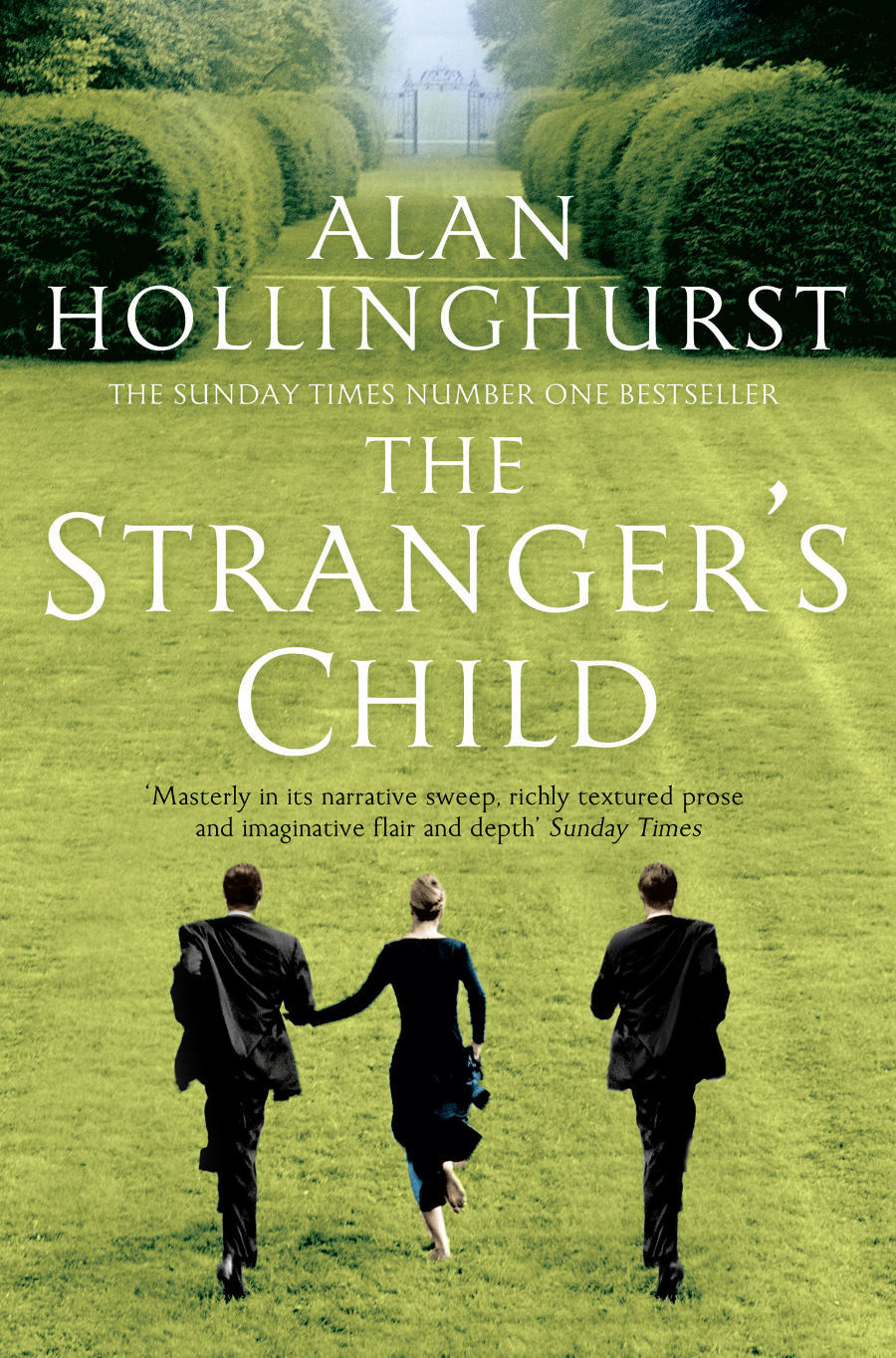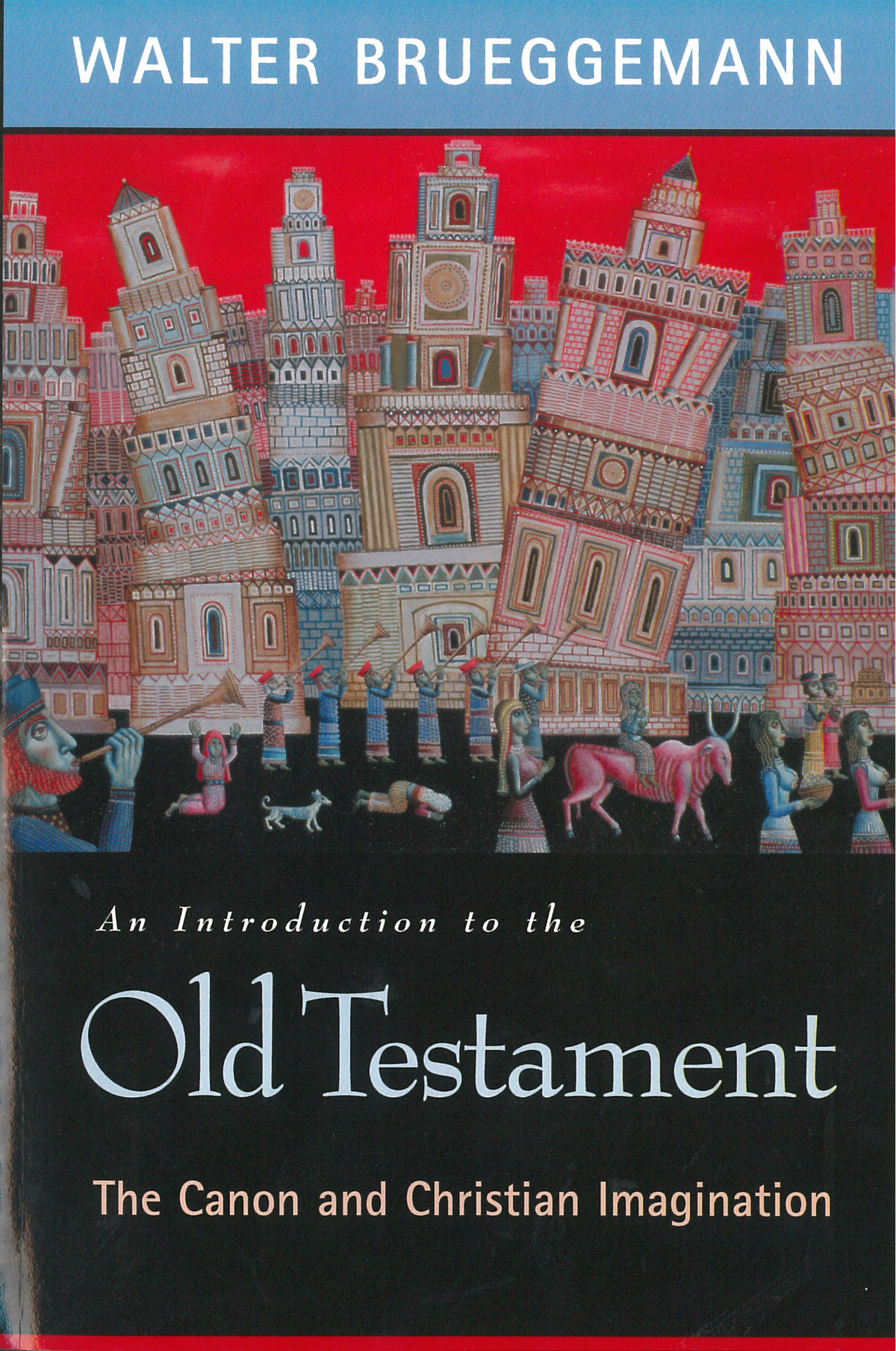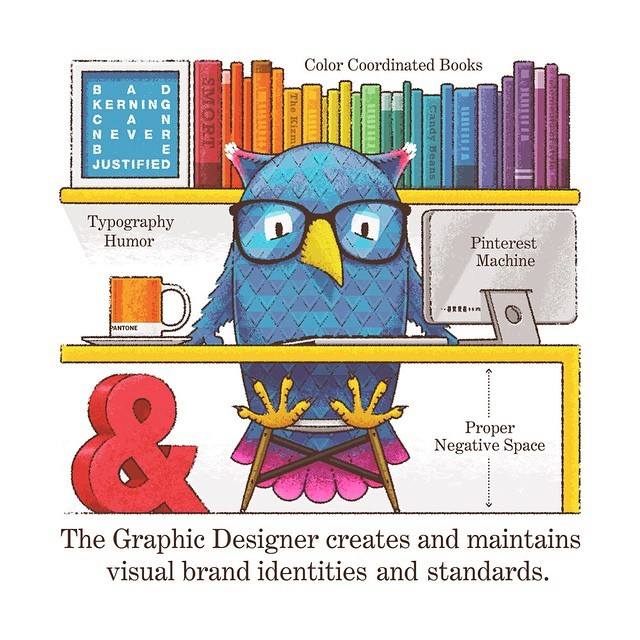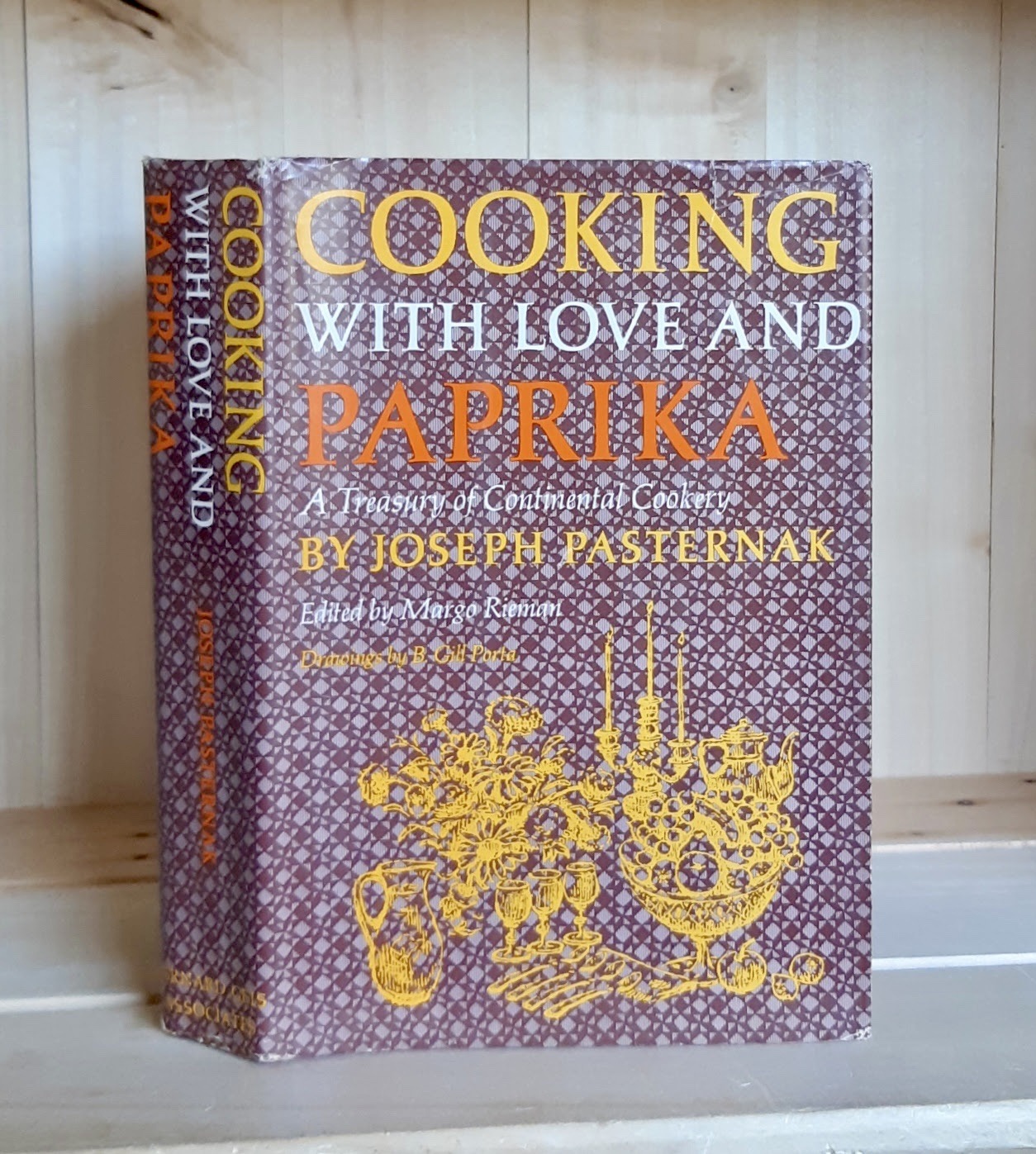And that’s my point. Comic Book Guy isn’t having any fun. He’s bored — and he’s boring. Bart and Milhouse are having fun. They’re excited and interested. They get it — it’s about being a kid again. The whole point of a comic or a book or a movie or a TV show is to be a kid and have fun. It’s about trusting the author/filmmaker to take you on an exciting journey — not a dark ride, but a journey of discovery. You can’t do that if you’re watching the lighting, the editing, the camera angle, the dialog, the acting — you gotta let go and be a kid again.
You want me to be a big bad grownup and analyze it critically? Pay me. I don’t work on spec.
How Criticism Destroys Enjoyment—And how to get Past It (via rianvdm)
I really couldn’t disagree more with this quotation as it stands. It seems to confuse two meanings of criticism: the popular meaning of “saying what’s wrong with something”, and the technical meaning of (to quote Wikipedia) “the practice of judging the merits and faults of something or someone in an intelligible (or articulate) way.”
There can be a real joy and pleasure - excitement, interest, fun - in thinking about and discussing “a comic or a book or a movie or a TV show” to find out what else it has going on within it, beyond the immediate surface impression. Sometimes (often), that can greatly enhance your enjoyment of the original work. Sometimes, you realise there’s nothing beyond the surface, and that’s fine. Sometimes, the work falls to pieces in your hands on closer inspection. But those occasions are more than paid for by the deep, positive gains of a critical appreciation for the things you enjoy.
The whole point about Comic Book Guy is that he isn’t “critical”. He’s negative. His besetting sin is the deadly sin of acedia (“sloth”): the sin whose fruit is Marie-Antoinette Syndrome, where “nothing tastes”. But the cure for this cultural acedia isn’t just “let go and be a kid again” (though that has its place), but learning that true criticism has, as its goal, the increasing of one’s enjoyment of things worth enjoying.
I said at the start of this response that I disagreed with the quotation “as it stands”. That’s because, reading the post from which it comes, the writer is a bit more nuanced. In the preceding paragraph he contrasts Comic Book Guy’s “criticism” with the “appreciation” you can develop over time as you engage with a genre:
Eventually, you can go back to being an appreciative audience — but now as an informed reader or filmgoer, you can appreciate the skill of a job well done. Or you can understand why something is “meh,” or you can recognize the parts that worked and the parts that didn’t. But you don’t have to invest a lot of time and energy being Comic Book Guy.
I think that is a good point, but the writer’s mistake remains to make a false dichotomy between being “critical” and being “appreciative”.
All this calls to mind the times when my father has come across my wife and I discussing a film we’ve just watched and asked, with exasperated bemusement: “Why do you always have to analyse everything? Why can’t you just enjoy it?” Well, because analysing it is part of how we enjoy it…




